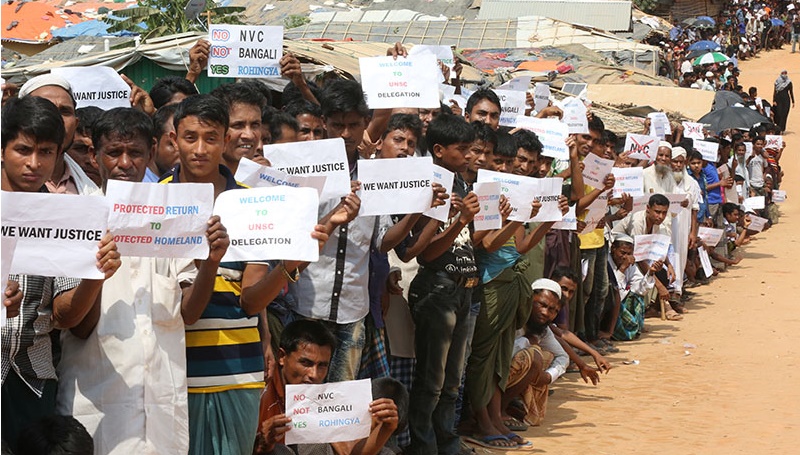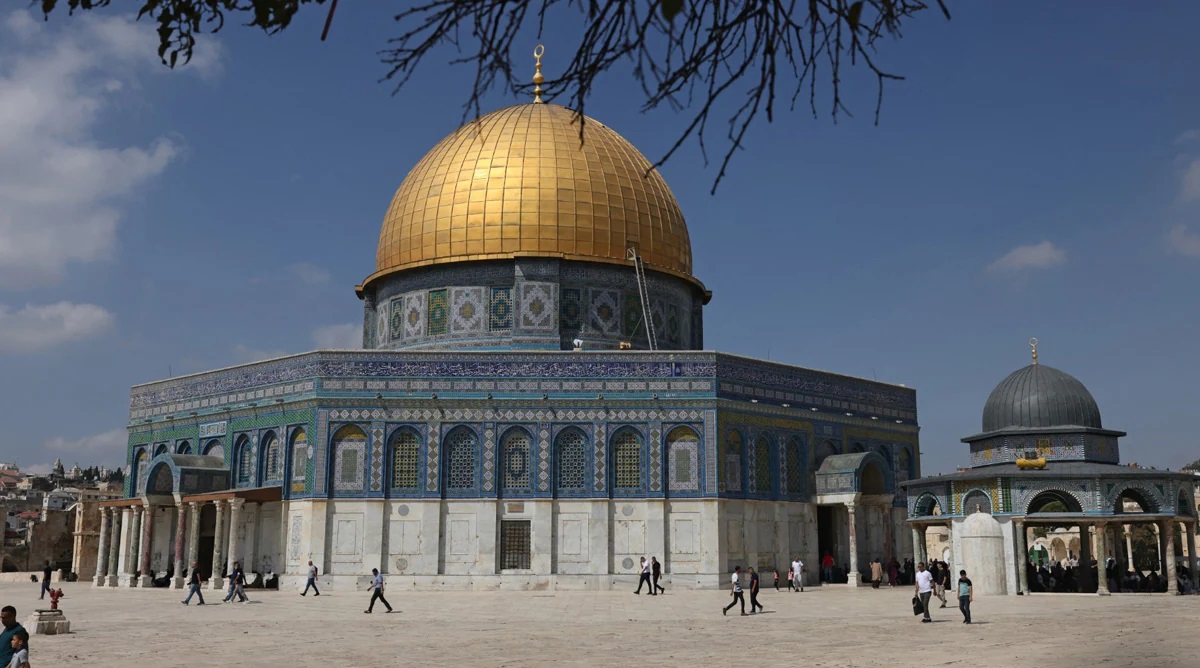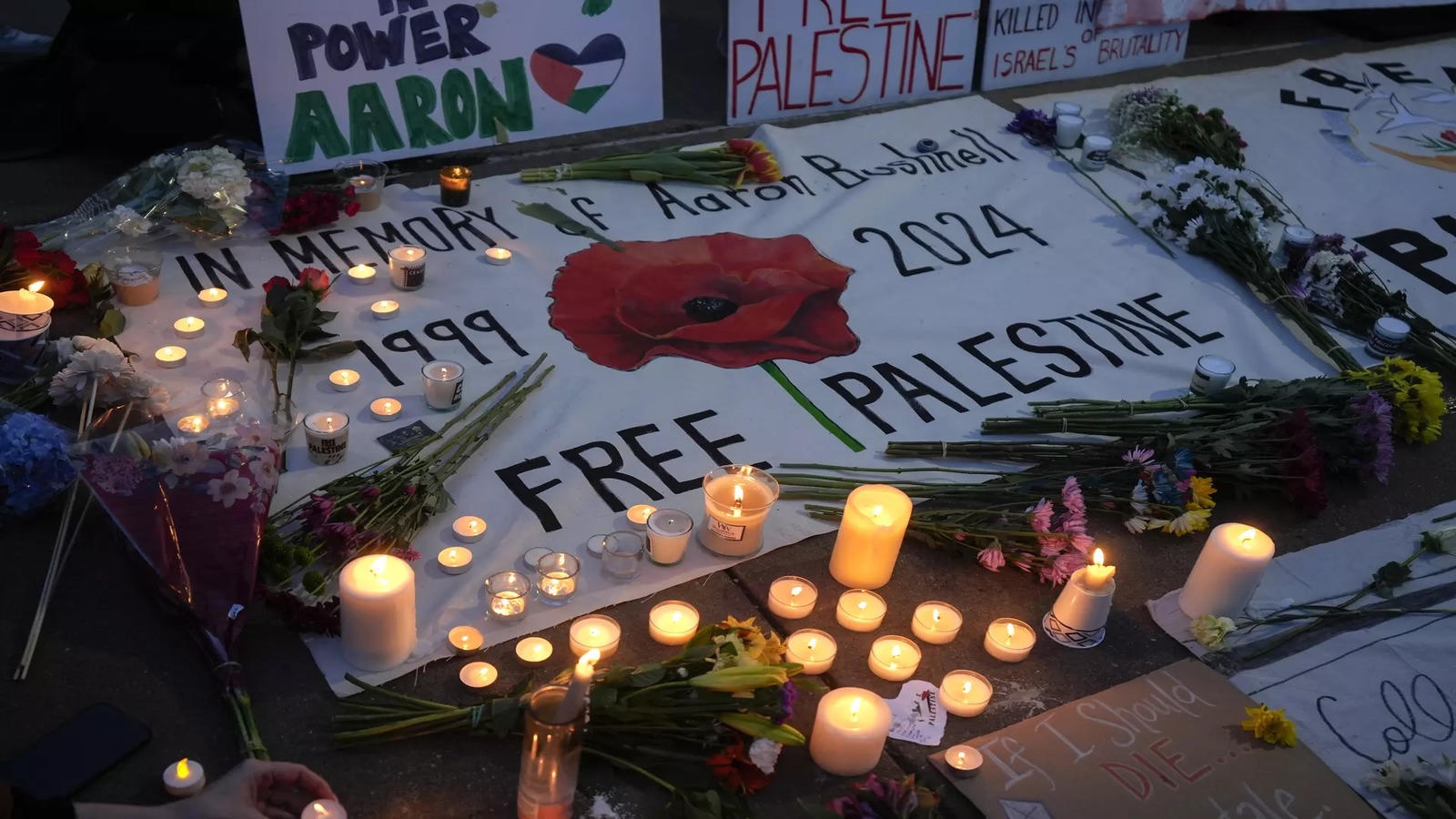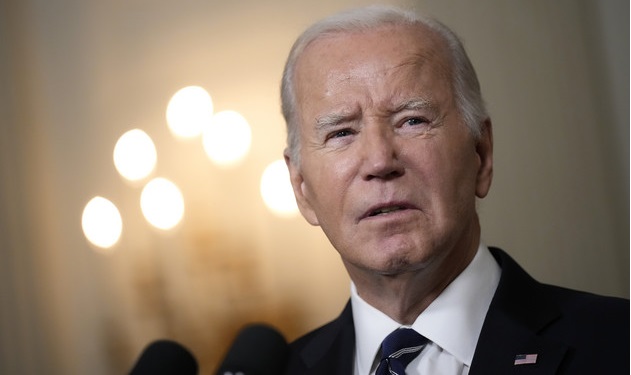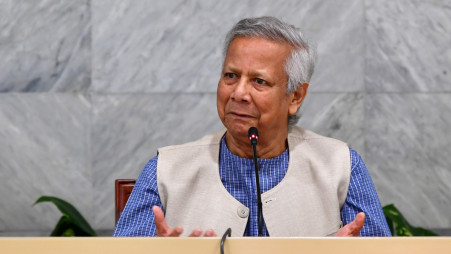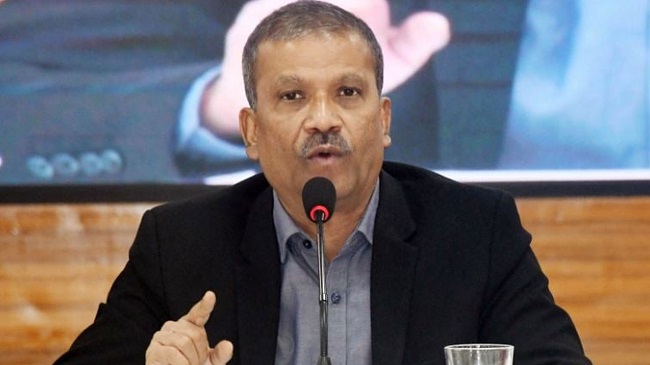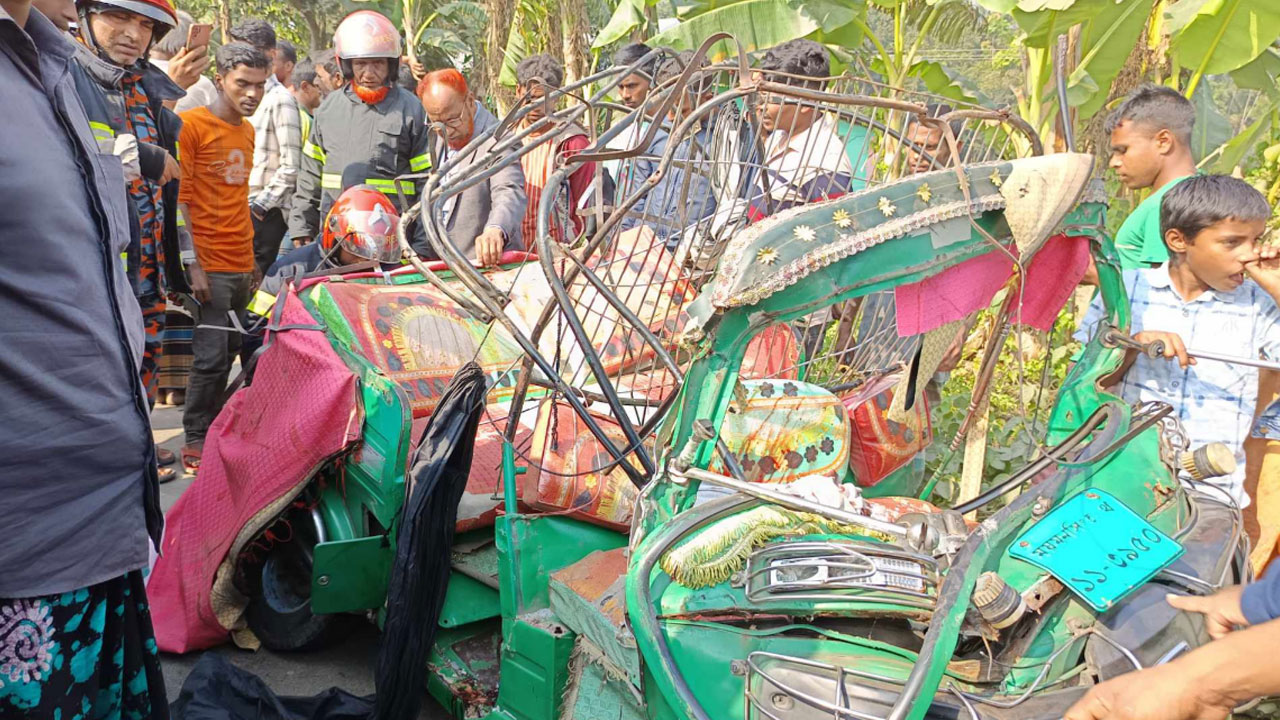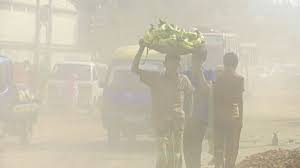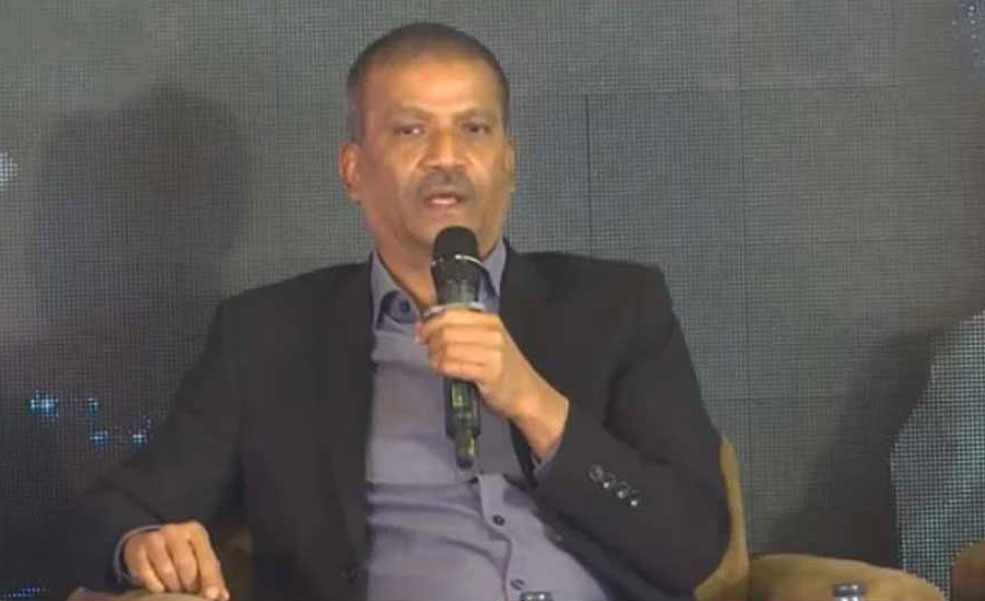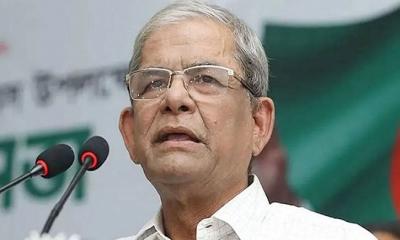Speakers at a webinar said that Rohingya community in the refugee camp should not be forgotten just because The Gambia set out its genocide case against Myanmar at the UN's International Court of Justice (ICJ) in 2019.
Justice is yet to be served and the Rohingya community in the camp need a dignified life in the meantime.
They were speaking at a webinar titled, “Rohingya Genocide in Myanmar: A Path Forward to a Solution to The Crisis,” organized by Arakan Rohingya Union on Thursday marking the first anniversary of the ICJ ruling on provisional measures to protect Rohingya in Arakan.
This case was brought against Myanmar by the tiny West African nation of The Gambia, acting with the support of the 57-member Organization for Islamic Cooperation (OIC), under the 1948 Genocide Convention. Both countries are signatories.
Gregory H Stanton, founding president and chairman of Genocide Watch, said: “The ICJ case will take time and during the time we cannot forget the Rohingya community in the camps. We need to pressure our governments to help them, make their life easier, and to give them all they deserve.”
They deserve justice because justice is stronger than genocide, he added.
Minister of Justice of the Republic of The Gambia Dawda Jallow said member states which are committed to this case should stick to their commitment because this case needs resources for a successful prosecution.
Ambassador Rabab Fatima, Bangladesh's permanent representative to the United Nations, said Bangladesh has been a recurring victim of Myanmar's discriminatory policy since Bangladesh has to shelter the Rohingya community who had been forcibly displaced.
Wakar Uddin, professor at the Pennsylvania State University and director general of Arakan Rohingya Union, said: “I grew up in Arakan and went to school there. I have never imagined that my land would come to this state.”
He also said the ICJ case has brought the Rohingya community together.
“ICJ has become a platform for the cohesiveness emerging within the Rohingya community throughout the world,” he added.
He thanked the government of Bangladesh for their hospitality towards the Rohingya community.
Dr Hassan Abedin, former director of Muslim Minority and Community Department of Organization of Islamic Corporation shed light on the role of civil society to make the Rohingya community’s voice heard internationally.
“Civil society organizations have helped restore the rights of the Rohingya community,” he said.
Arsalan Suleman, counsel of law firm Foley Hoag, said: “Our commitment on this case is unshakable and we are going to see this case through no matter what.”
He also said the aim of this case is to get Rohingya community justice and help them get back to their home to live a life with dignity.


